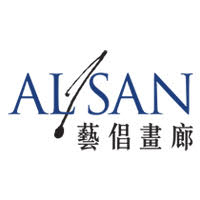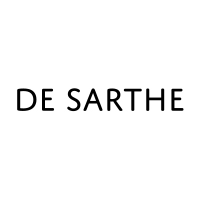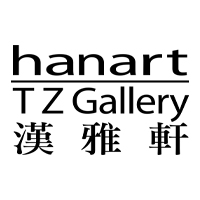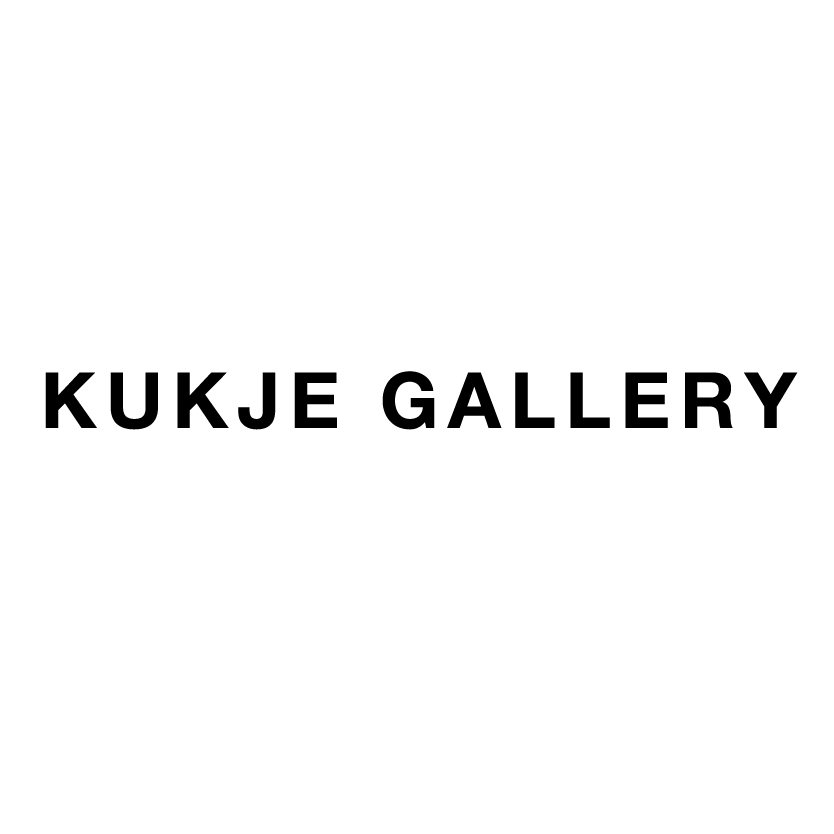Sawangwongse Yawnghwe Withdraws From Exhibition In Protest Against EU
By Ophelia Lai

SAWANGWONGSE YAWNGHWE has withdrawn from a European Union-funded exhibition in Yangon, citing the bloc’s "hypocrisy" over the persecution of Rohingya by the Myanmar military. Portrait of the artist
On November 8, Myanmar-born artist Sawangwongse Yawnghwe announced his withdrawal from the European Union-funded Yangon exhibition “Everyday Justice” to protest what he views as the EU’s “hypocrisy” and inaction on the Tatmadaw’s (Myanmar military) reported war crimes targeting the Rohingya minority since 2016.
In a letter posted to Facebook, the artist accused the EU of “consistently fail[ing] to take any action in light of well documented allegations of war crimes in Burma, especially in Arakan [Rakhine], Shan and Kachin States,” even as the bloc publicly supports the “poor and vulnerable” via local legal-access initiatives such as MyJustice, the host of the “Everyday Justice” exhibition, slated to open at the Old Tourist Burma Building on November 15.
Yawnghwe took issue with EU ambassador to Myanmar Kristian Schmidt opening the forthcoming exhibition. The artist noted that Schmidt currently rents a house formerly occupied by the late Burmese military dictator Ne Win. Yawnghwe explained: “My grandfather, Burma’s first President Sao Shwe Thaik, was murdered in prison soon after Ne Win seized power in 1962, and accelerated a downward spiral of repression, poverty and brutal war on Burma’s people.”
The artist also cited as reasons for his decision the EU’s financial transactions with Myanmar conglomerate Asia World Group—one of several “crony companies” accused in a recent United Nations report of donating to and money laundering for the Tatmadaw—as well as Ambassador Schmidt’s appearance at an anniversary event for the Union Enterprise for Humanitarian Assistance, Resettlement and Development in Rakhine (UEHRD), set up by president Aung San Suu Kyi’s government. That same UN report revealed links between the UEHRD and the alleged crony companies, which have been involved in building roads through destroyed villages, “processing sites for Rohingya that have been described as internment camps,” and a barrier fence at the border of Myanmar and Bangladesh that effectively prevents displaced Rohingya from returning to their homes. In his letter, Yawnghwe decried the EU’s “support of a flawed and corrupt peace process while civilians continue to be targeted by the Tatmadaw.”
Yawnghwe added that in January, his oil-on-linen work Myanmar Peace Industrial Complex No. III (2018) was censored in an exhibition at The Secretariat, Yangon, allegedly “due to concerns from the curator, the Goethe Institute, it could draw criticism from the Tatmadaw.” Yawnghwe emphasized that he made the decision to withdraw his works from the upcoming show “with full respect for my fellow artists in Burma, and in recognition of the stellar work that the MyJustice project has accomplished,” but wanted “no part of [the EU’s] detestable exculpation of a criminal system that perpetrates crimes against humanity with utter impunity.”
In response to the Myanmar military attacks on Rohingya, the EU bolstered in April 2018 a pre-existing embargo on “arms and equipment that can be used for internal repression” with additional restrictions and a new legal framework enabling asset freezes and travel bans on individuals “responsible for or associated with serious human rights violations.” These measures were renewed in April 2019 for a year.
On November 11, the Gambia filed suit at the UN’s International Court of Justice against the state of Myanmar for enacting genocide against its Rohingya population.
Ophelia Lai is ArtAsiaPacific’s associate editor.
To read more of ArtAsiaPacific’s articles, visit our Digital Library.







